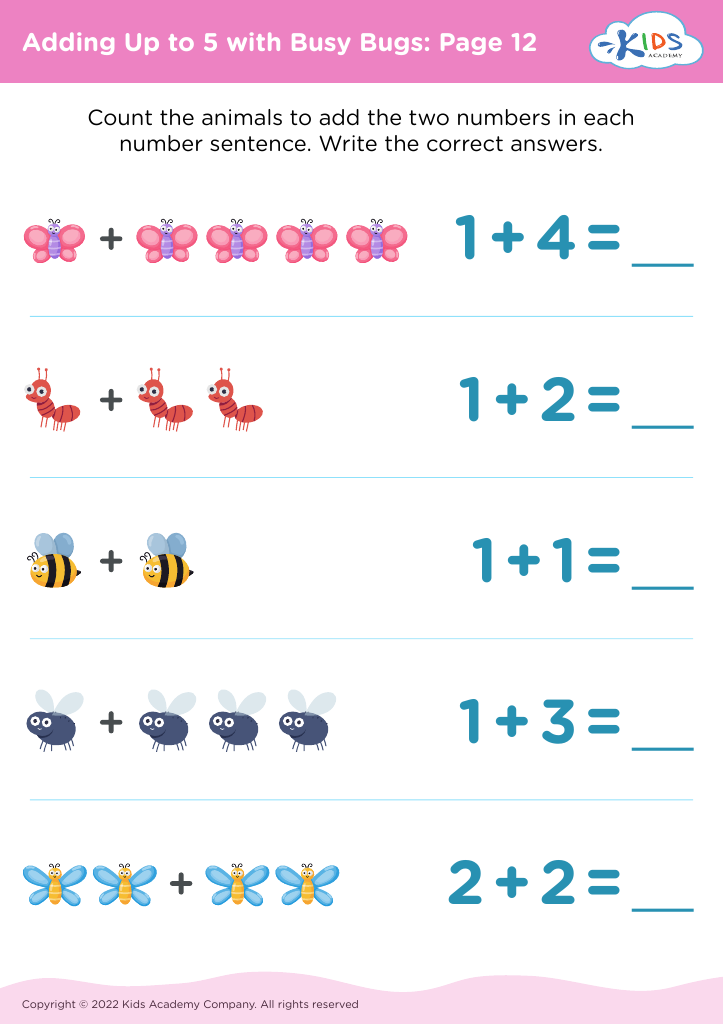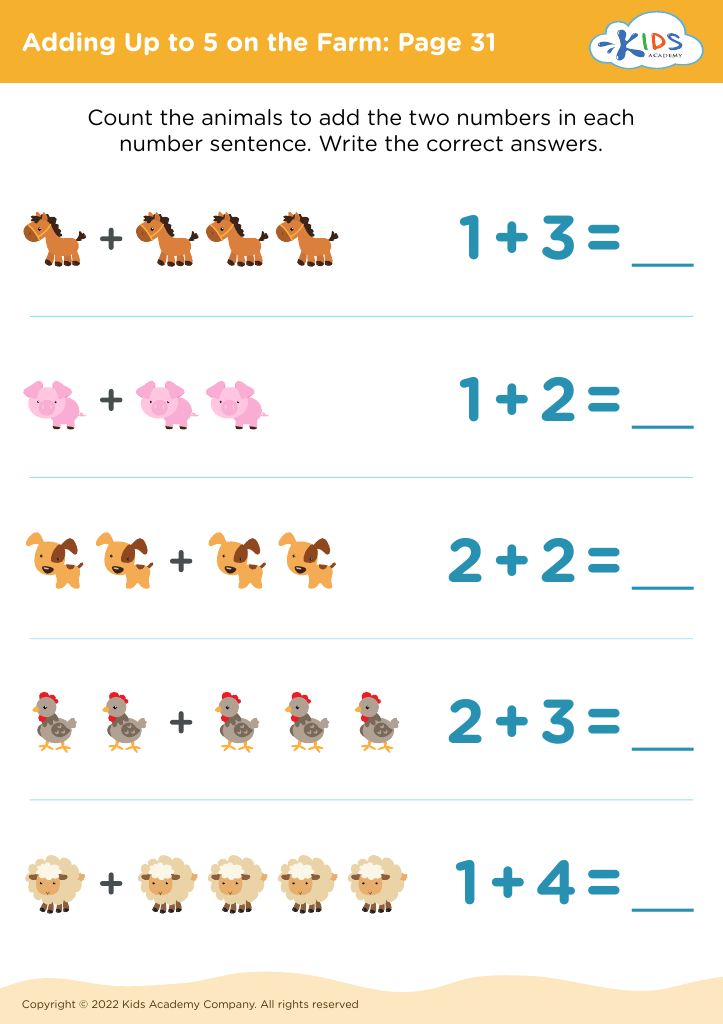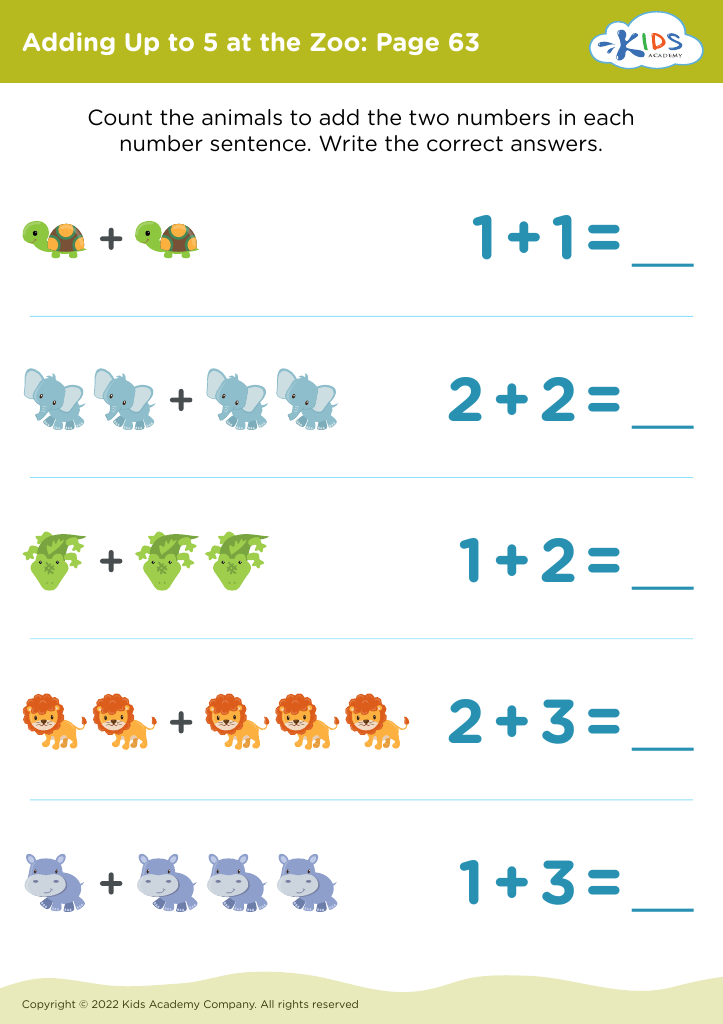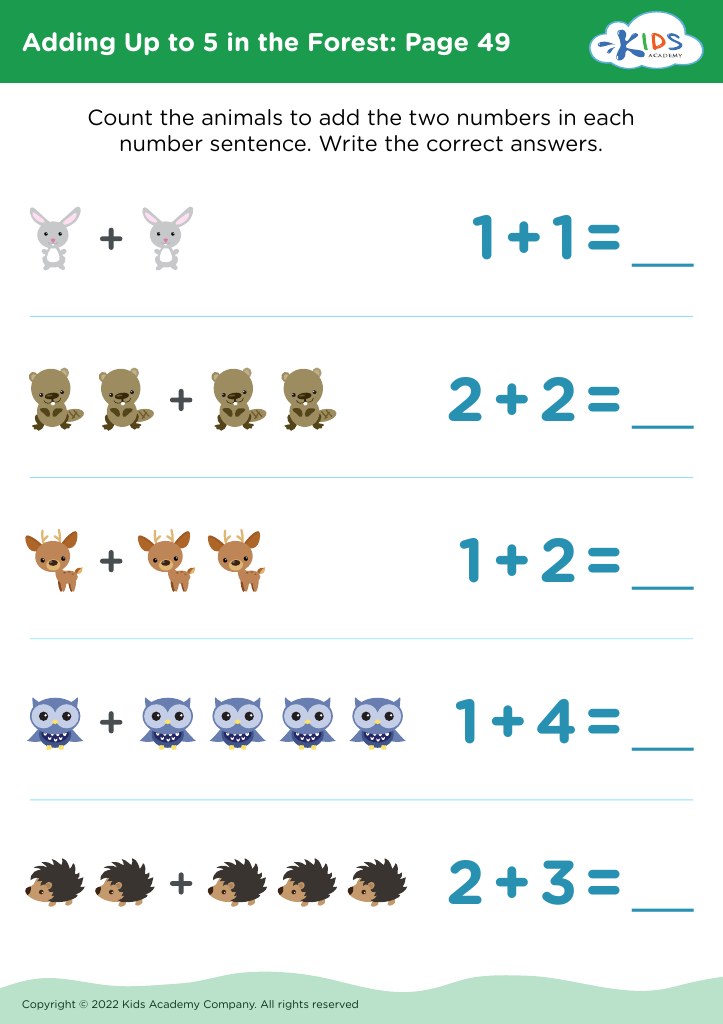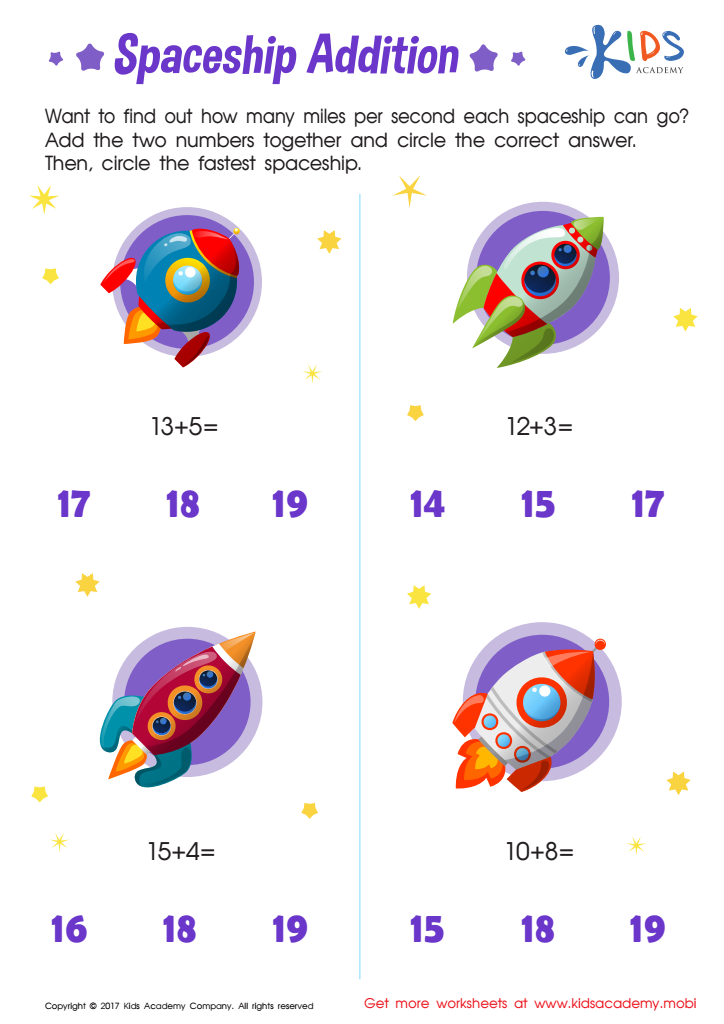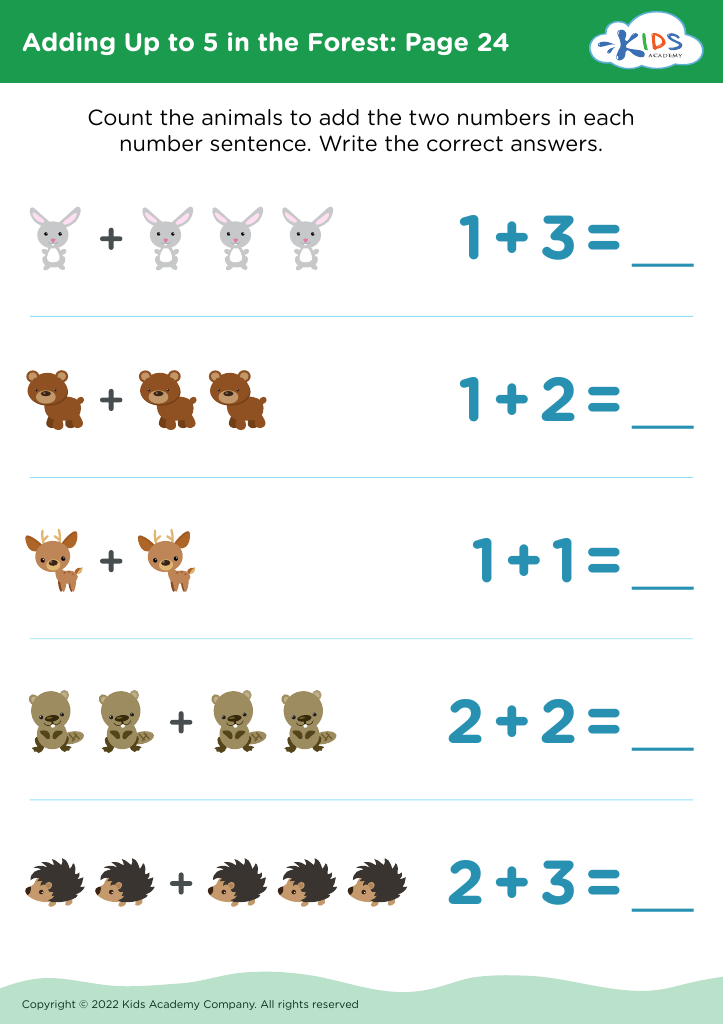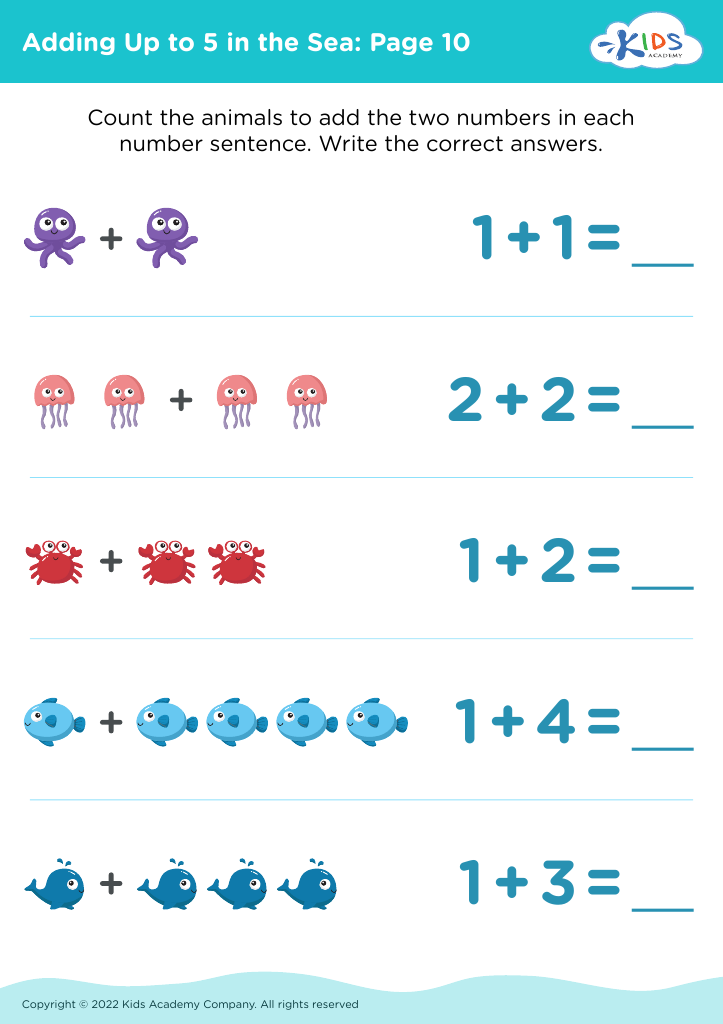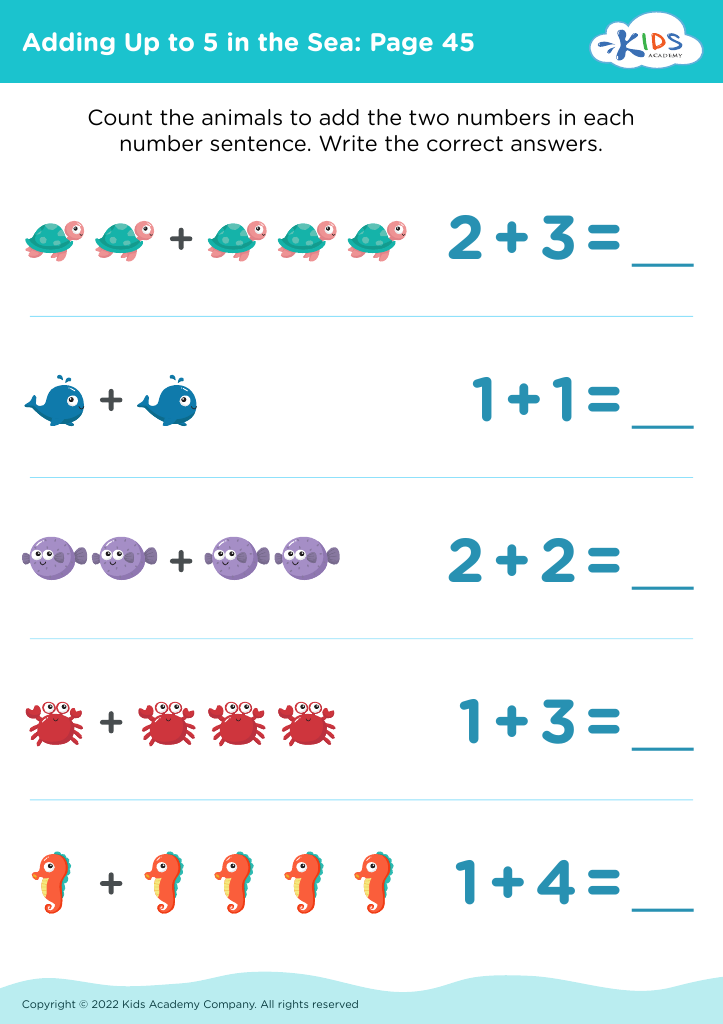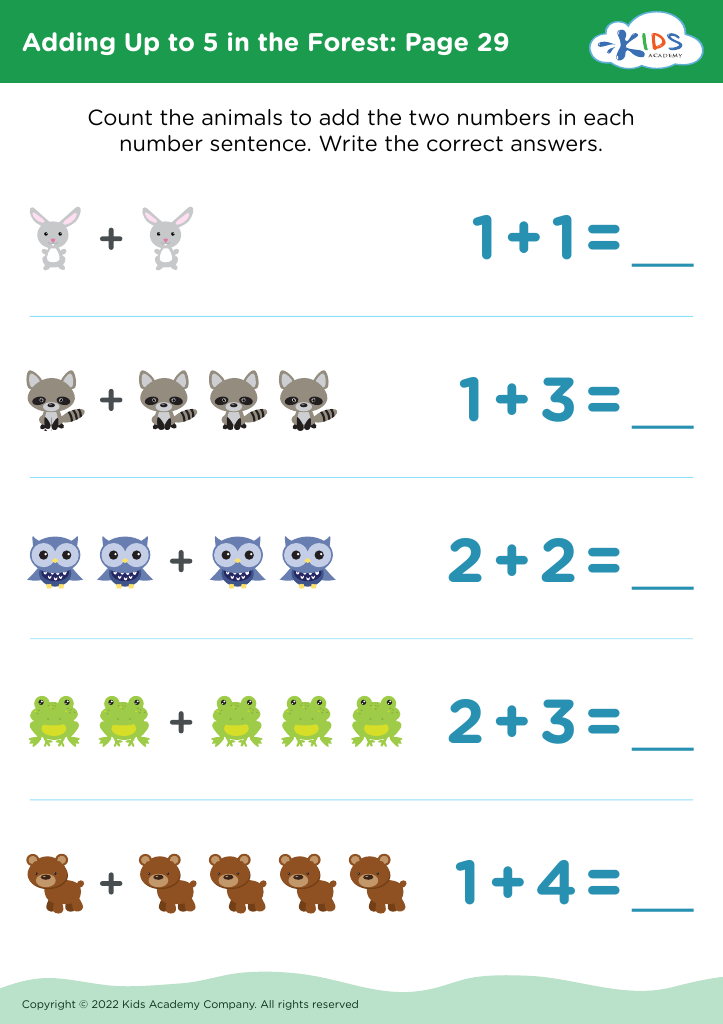Problem-solving abilities Math Worksheets for 5-Year-Olds
30 filtered results
-
From - To
Our Problem-Solving Abilities Math Worksheets for 5-Year-Olds are designed to develop critical thinking and analytical skills in young learners. These engaging, age-appropriate exercises feature colorful illustrations and interactive activities that make math fun. From basic addition and subtraction to recognizing patterns and solving puzzles, these worksheets stimulate curiosity and foster a love for learning. Perfect for both classroom and at-home use, they help children build a solid math foundation, hone their problem-solving abilities, and boost confidence in their early mathematical journey. Explore our resources today and watch your child thrive in math!
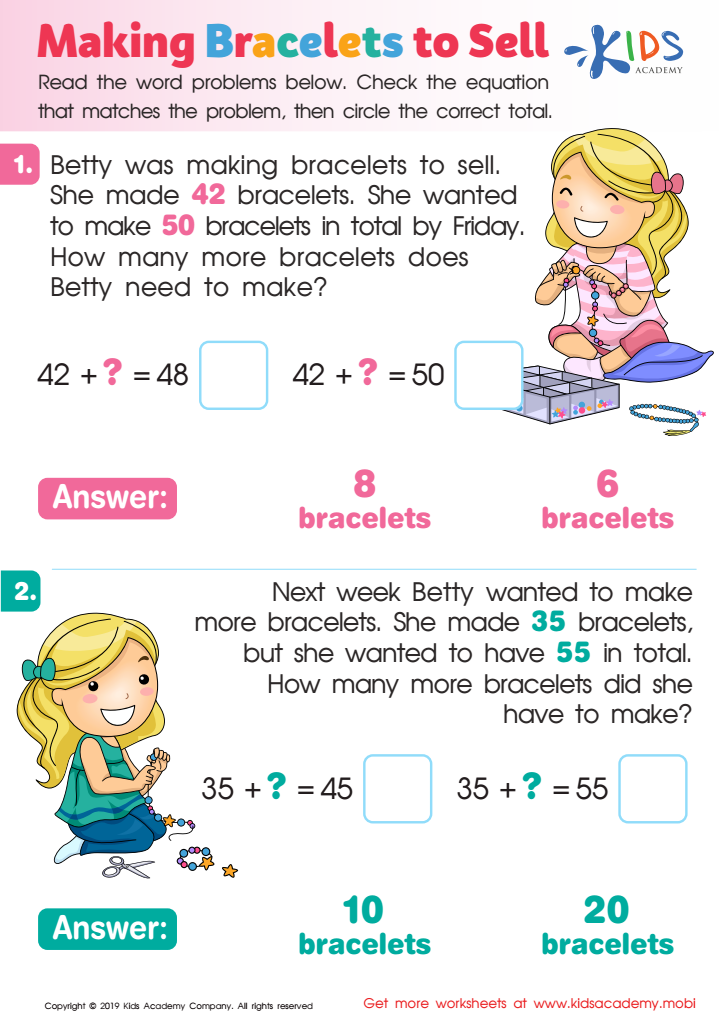

Making Bracelets to Sell Worksheet
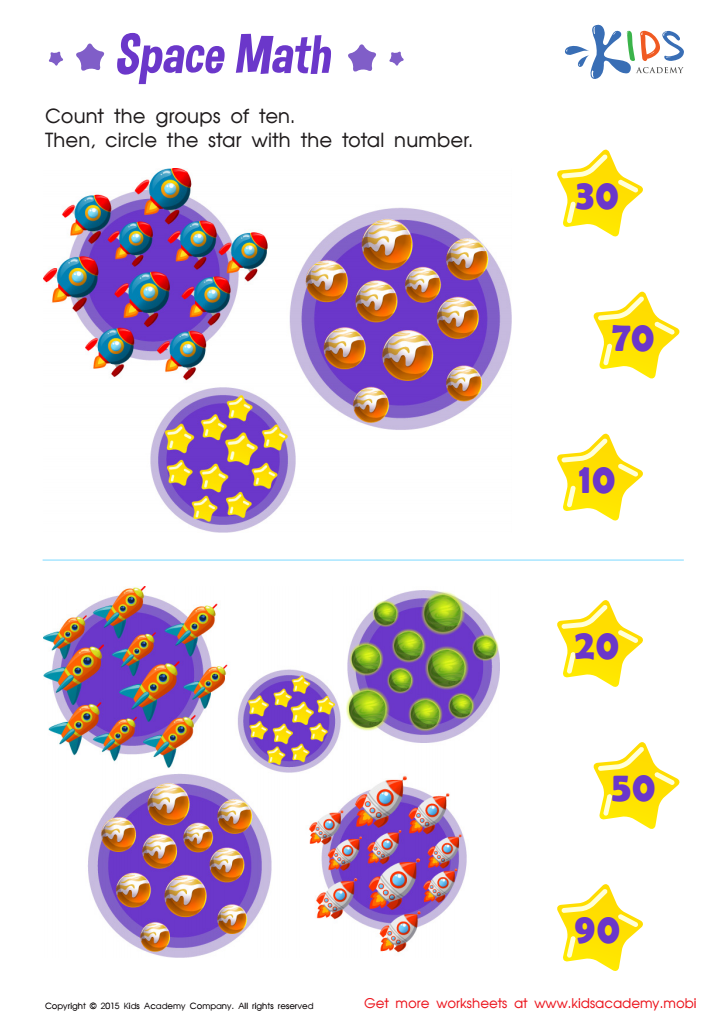

Learn dozens: Space math Worksheet
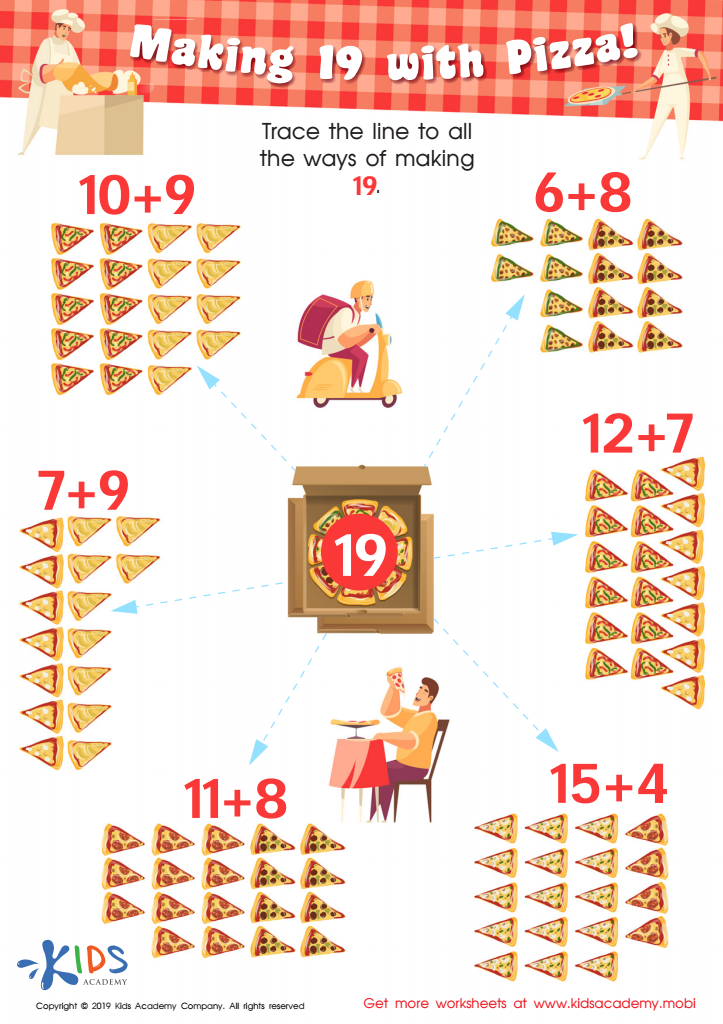

Making 19 with Pizza! Worksheet
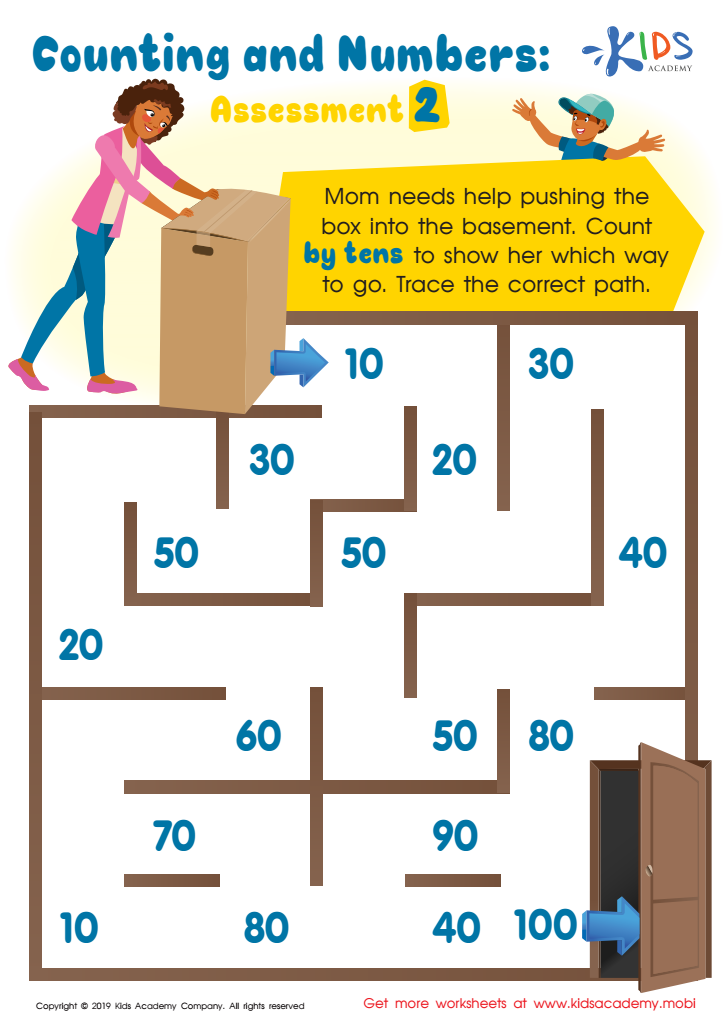

Counting and Numbers: Assessment 2 Worksheet
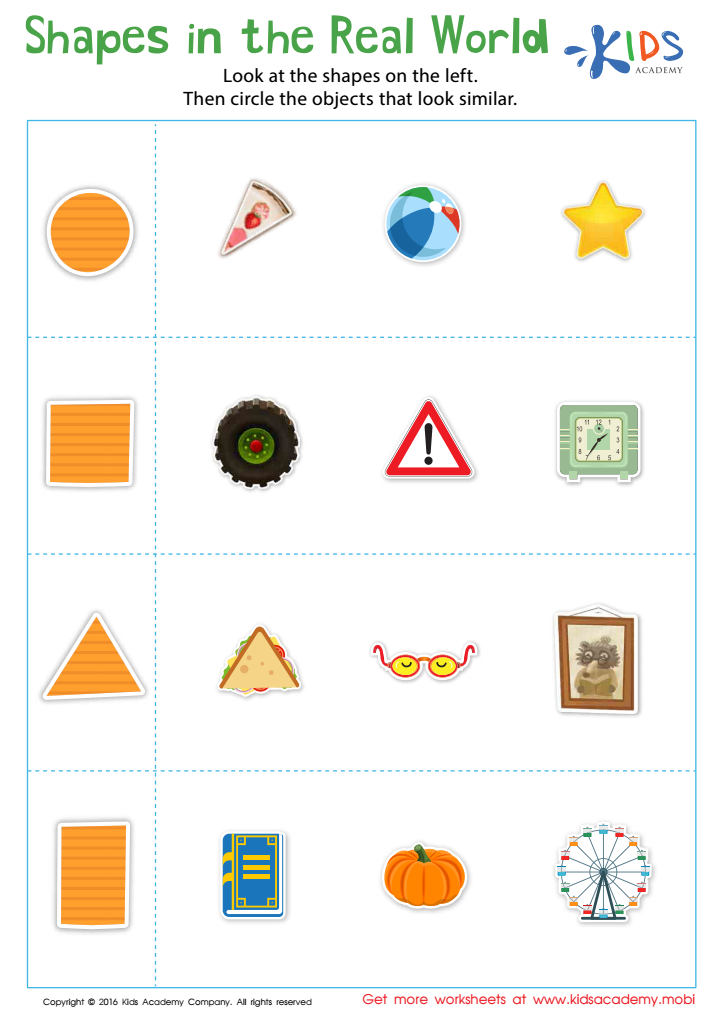

Shapes in the Real World Worksheet
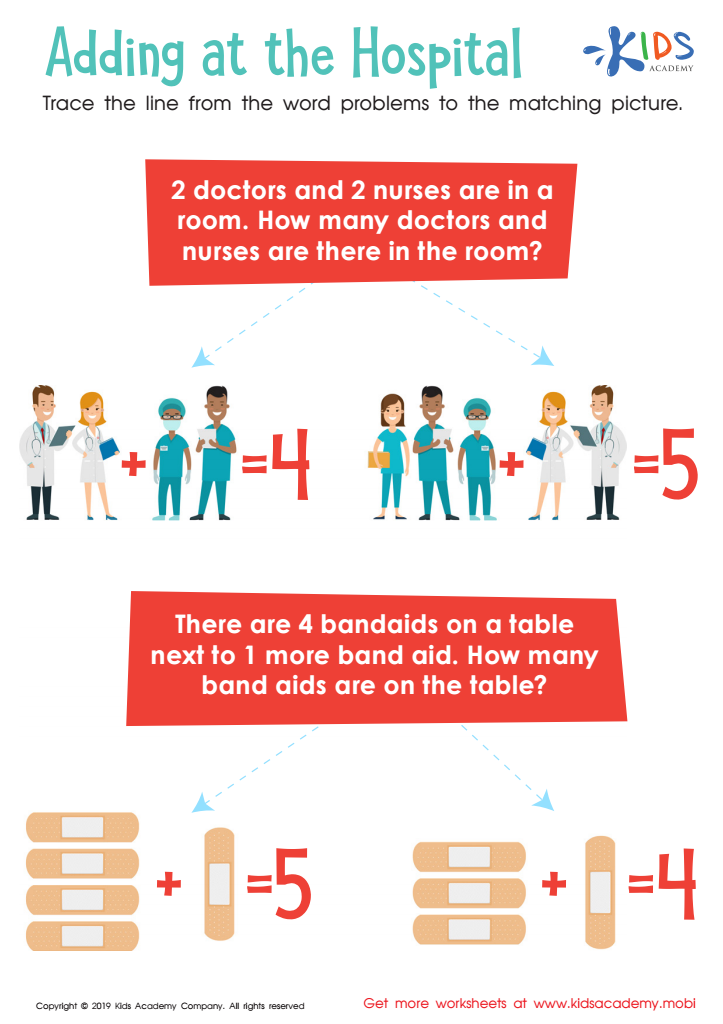

Adding at the Hospital Worksheet
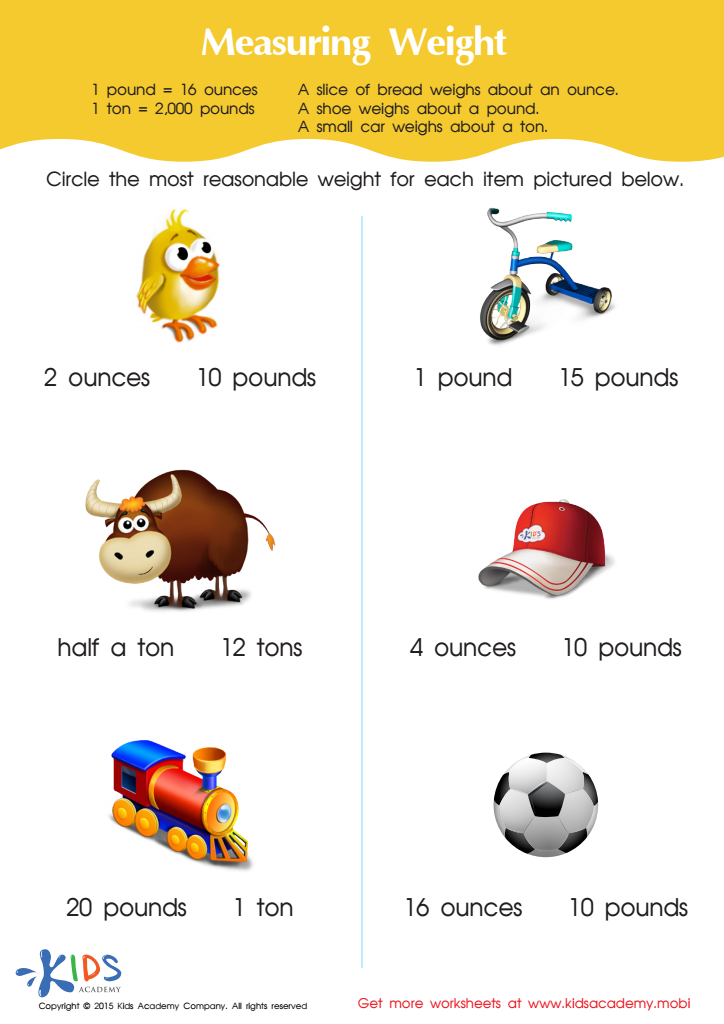

Measuring Weight in Ounces, Pounds and Tons (Part 2) Worksheet
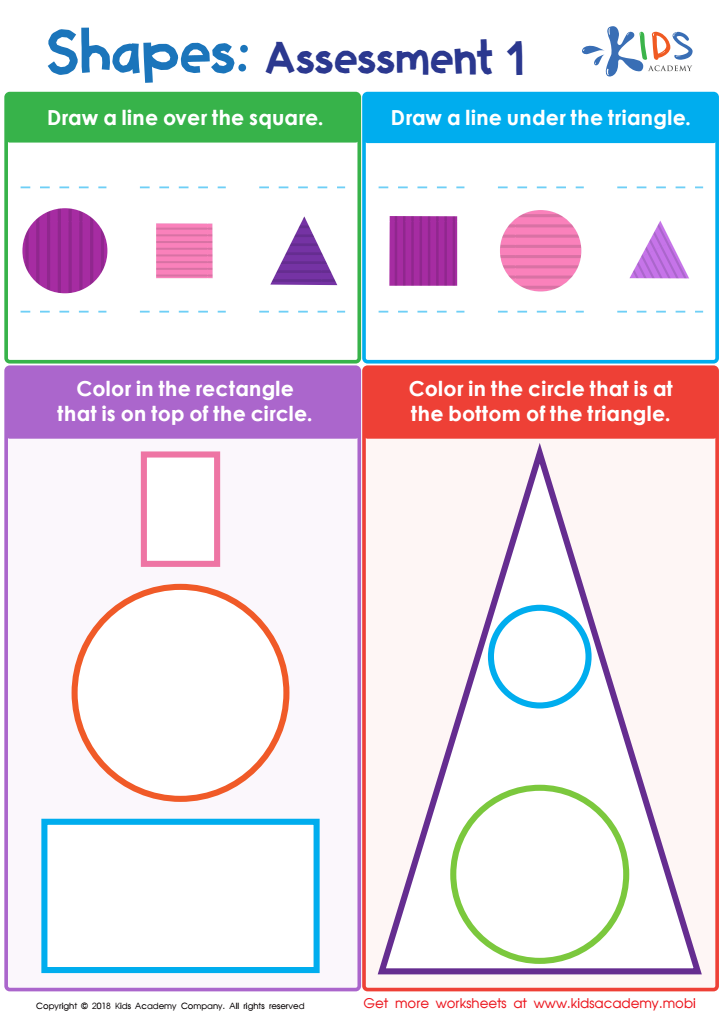

Shapes: Assessment 1 Worksheet
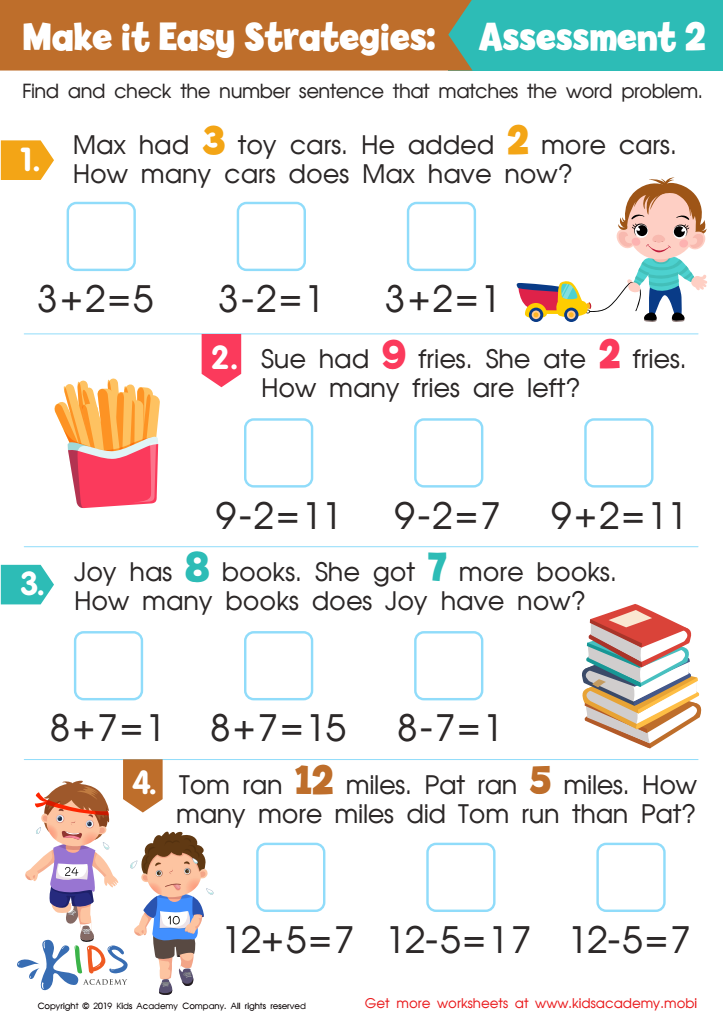

Make it Easy Strategies: Assessment 2 Worksheet
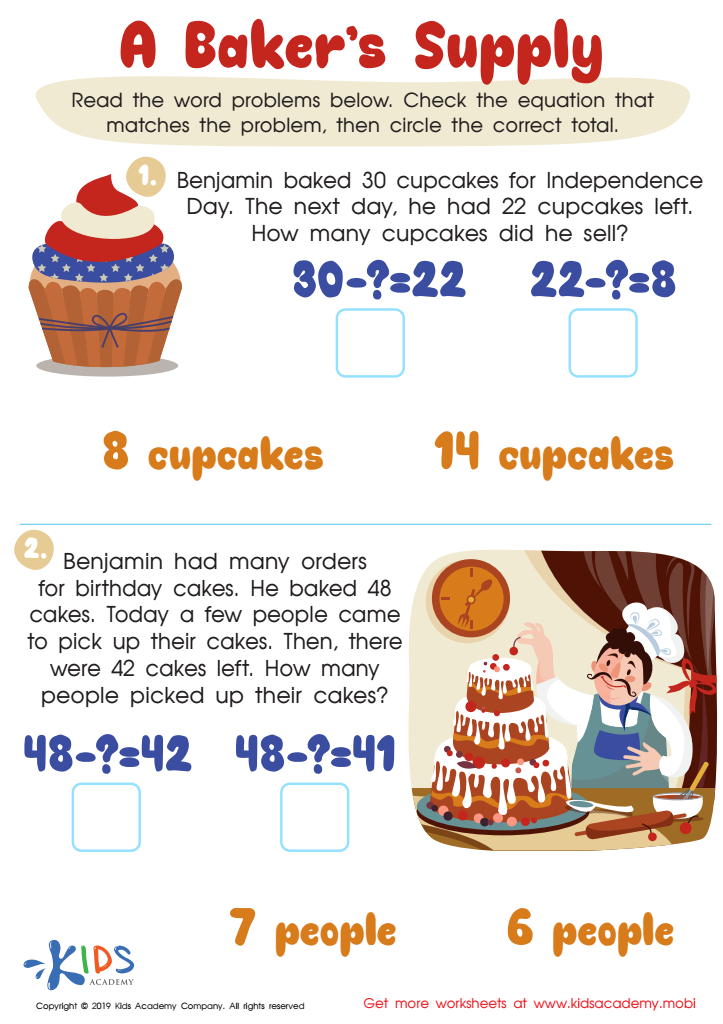

A Baker's Supply Worksheet
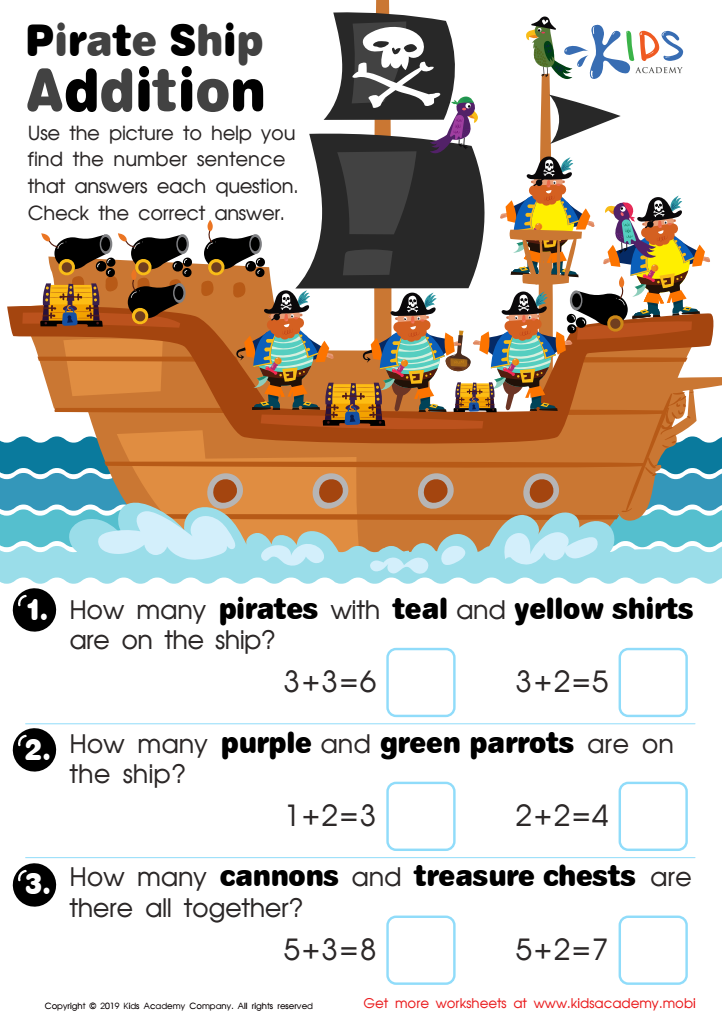

Pirate Ship Addition Worksheet
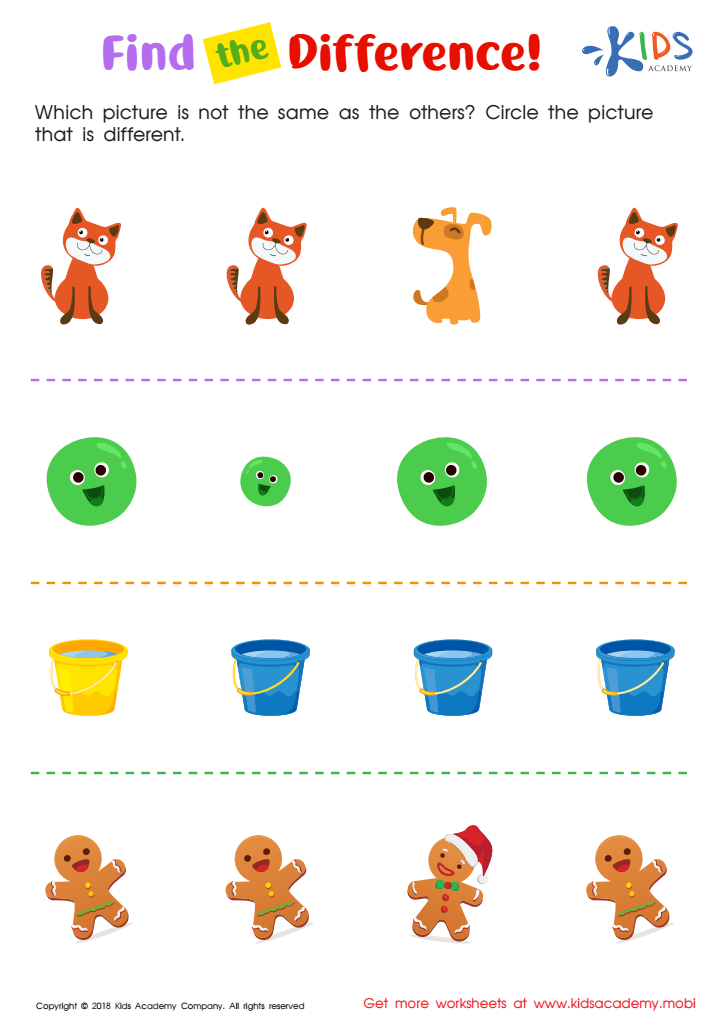

Find the Difference Worksheet
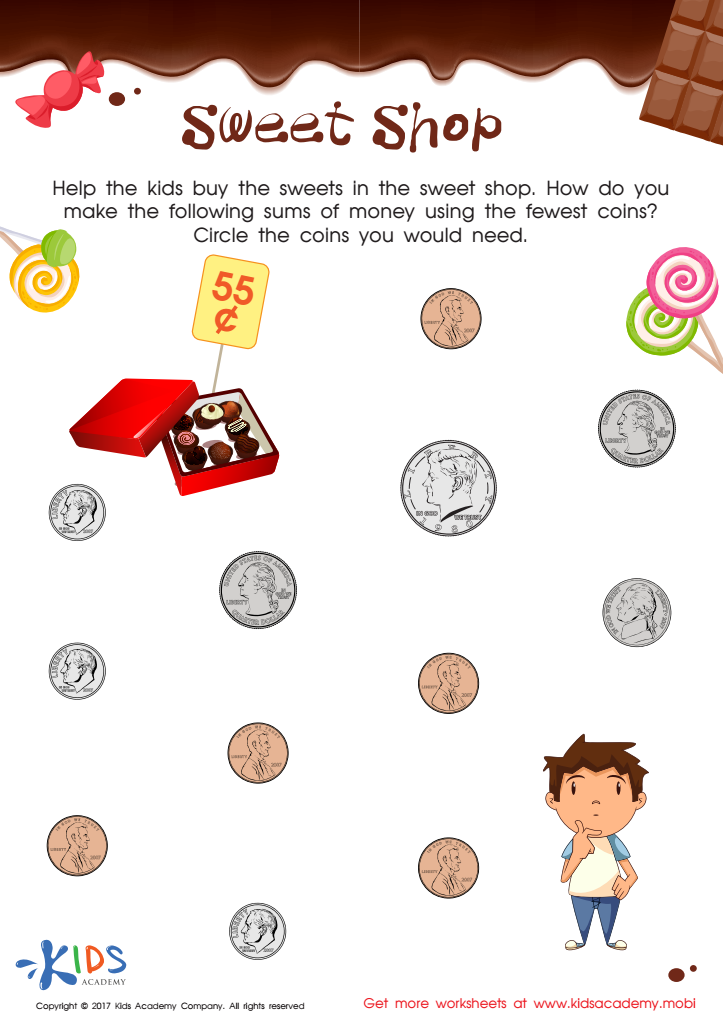

Sweet Shop – Counting Coins Worksheet
Problem-solving abilities in math for 5-year-olds serve as a critical foundation for cognitive development and future academic success. At this early age, children are at a formative stage where their brains are highly receptive to learning and acquiring new skills. Engaging in math problems helps to develop their logical thinking and reasoning, which are essential skills not just in mathematics, but across all areas of learning.
When children solve math problems, they learn to approach challenges systematically. By figuring out solutions, they enhance their ability to concentrate, persist through difficulties, and build confidence in their capabilities. These skills are transferable and will aid them in tackling problems in other subjects and real-life situations.
Furthermore, math problem-solving fosters creativity. Contrary to the perception of math as purely black-and-white, it often involves exploring multiple solutions and thinking outside the box. This holistic approach not only boosts children's enthusiasm for learning but also sparks curiosity and a love for discovery.
Parents and teachers caring about these abilities can significantly benefit a child's personal and academic growth. Actively engaging with children in math-related activities not only supports better performance in school but also cultivates lifelong skills that contribute to their overall development and well-being.
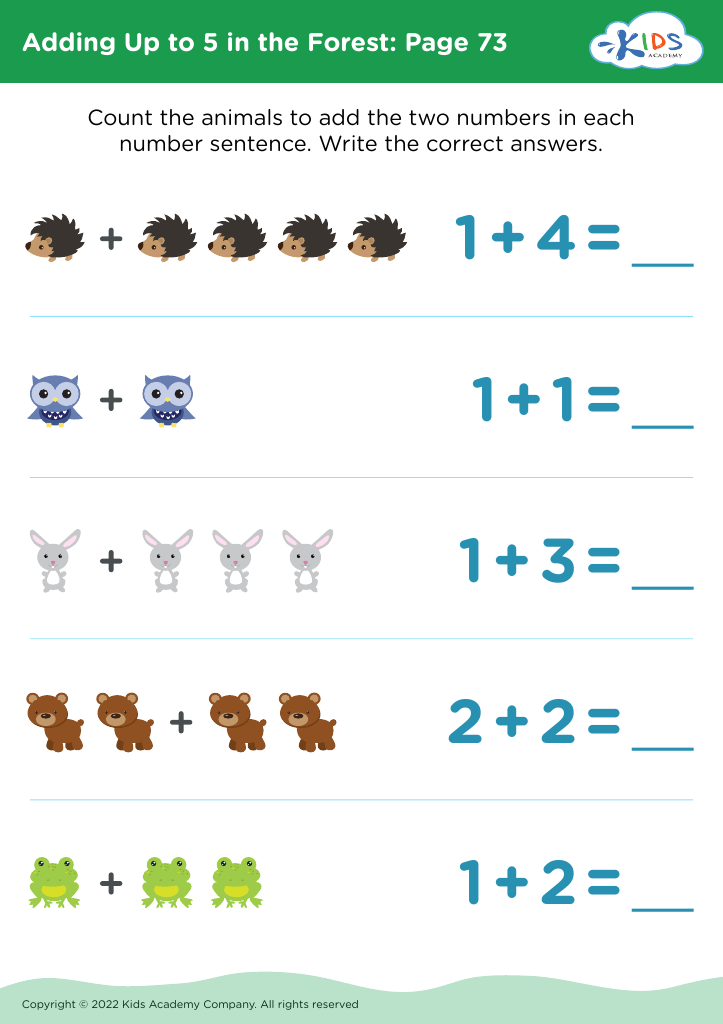
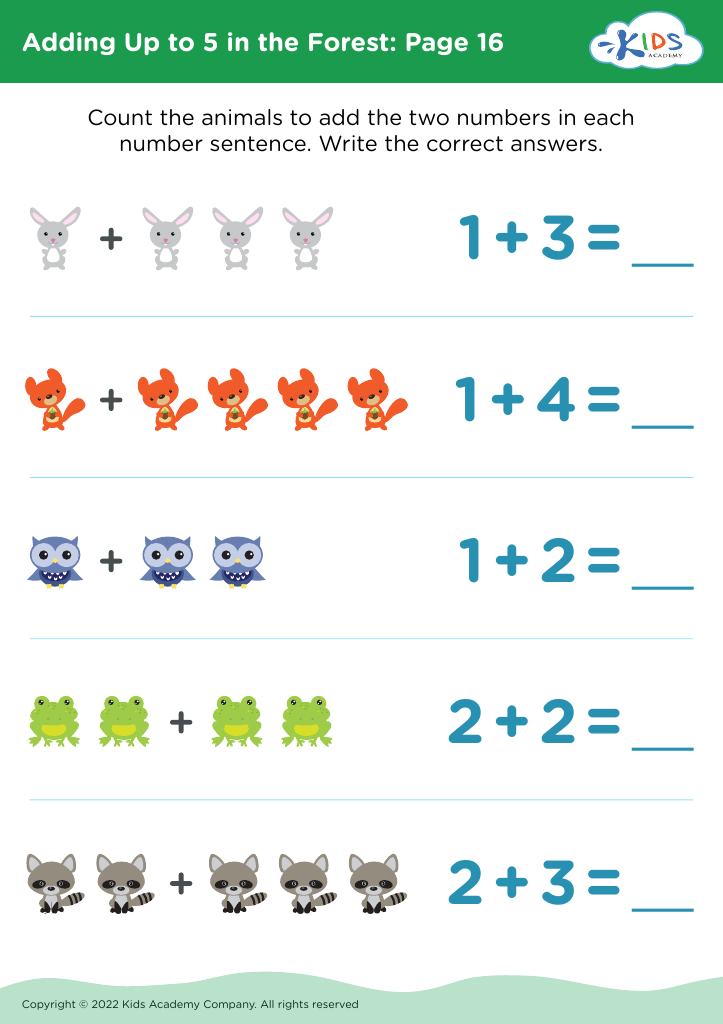
 Assign to My Students
Assign to My Students
